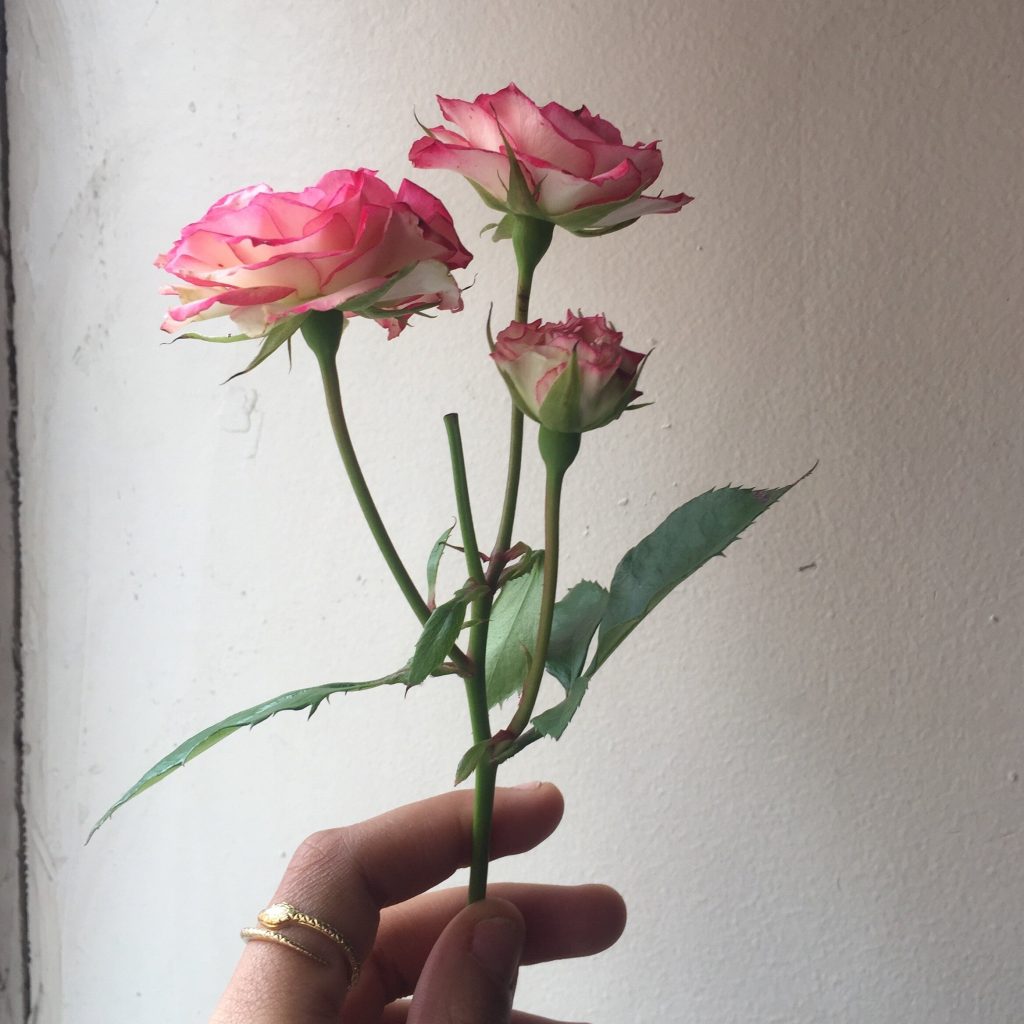I’ve been thinking about how work and career exist in US culture and how that might affect mental health and identity. It seems everyone in my life (myself included), is having some sort of crisis around work—not having it, fear of not having it, big changes, identity, title. So I’m going to talk about it, based on my experience and opinions, and months and months of thinking and conversation in therapy and out.
I remember (very young) being asked, “What do you want to be when you grow up?” The question had two significant implications: First, that I should have, at only a few years old, been aware of the single profession, I wanted to commit to for the rest of my life. And second, that a persons’ profession is their identity.
I’ve been spinning the second point around in my mind lately. (Let me know in the comments if you want me to talk more about the first point.) Culturally, we’re asked to see the whole of our identity as our careers. And this makes sense. The more we know who we are as tied to revenue-generating pursuits, the more $$$ we’re likely to generate for society. But there’s a problem: people are complicated.
For most of us—even despite our best efforts—it’s impossible to actually ~be~ a job. I really do believe we’re all square pegs. We can shove ourselves into roles and structures to make it work, but we are unique and have unique needs, and no single institution or title will be enough to satisfy us.
Because we’re supposed to over-identify with our jobs, but can’t do it (and on some level, don’t want to) we end up resisting our jobs. I believe this is partly to blame for why we think jobs always come with suffering, why we so often say we hate our jobs, and why we spend our weekends dreading Monday.
A popular solution to this problem is “work/life balance.” We fence off work, limiting the time we spend confronting this problem of “I should be my job, but I can’t, and I don’t really want to, and therefore I hate my job, and therefore I hate my life, and therefore I hate myself.” And then we spend the rest of the time feeling guilty. Or we give in to the “hustle culture” thing and take on the sisyphean “work=life” task. And too often, this comes with burn out, escapism, and poor self-care.
So, what do I do with all of this?
-
By being more aware of cultural and individual patterns, I can interrupt their negative consequences.
-
I work to appreciate and understand my identity beyond my profession.
-
By understanding my priorities, I better resist external pressures that make me feel less like myself.
-
I regularly consider how I relate to activities that generate income and those that don’t.
-
I can explore the beliefs I have about lower and higher paid jobs and the people who hold them.
-
I am more open to non-monetary compensation.
-
When I find myself complaining, I ask how it is serving me, then find a more fulfilling way to meet that need.
-
I open myself to being compensated for the things I enjoy.
-
I ask myself who I want to be—not what I want to be.
-
I protest any person or institution that opposes my self-actualization, freedom, or happiness.

